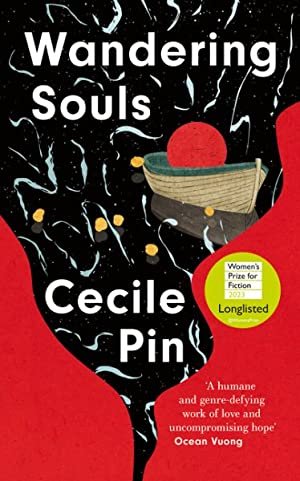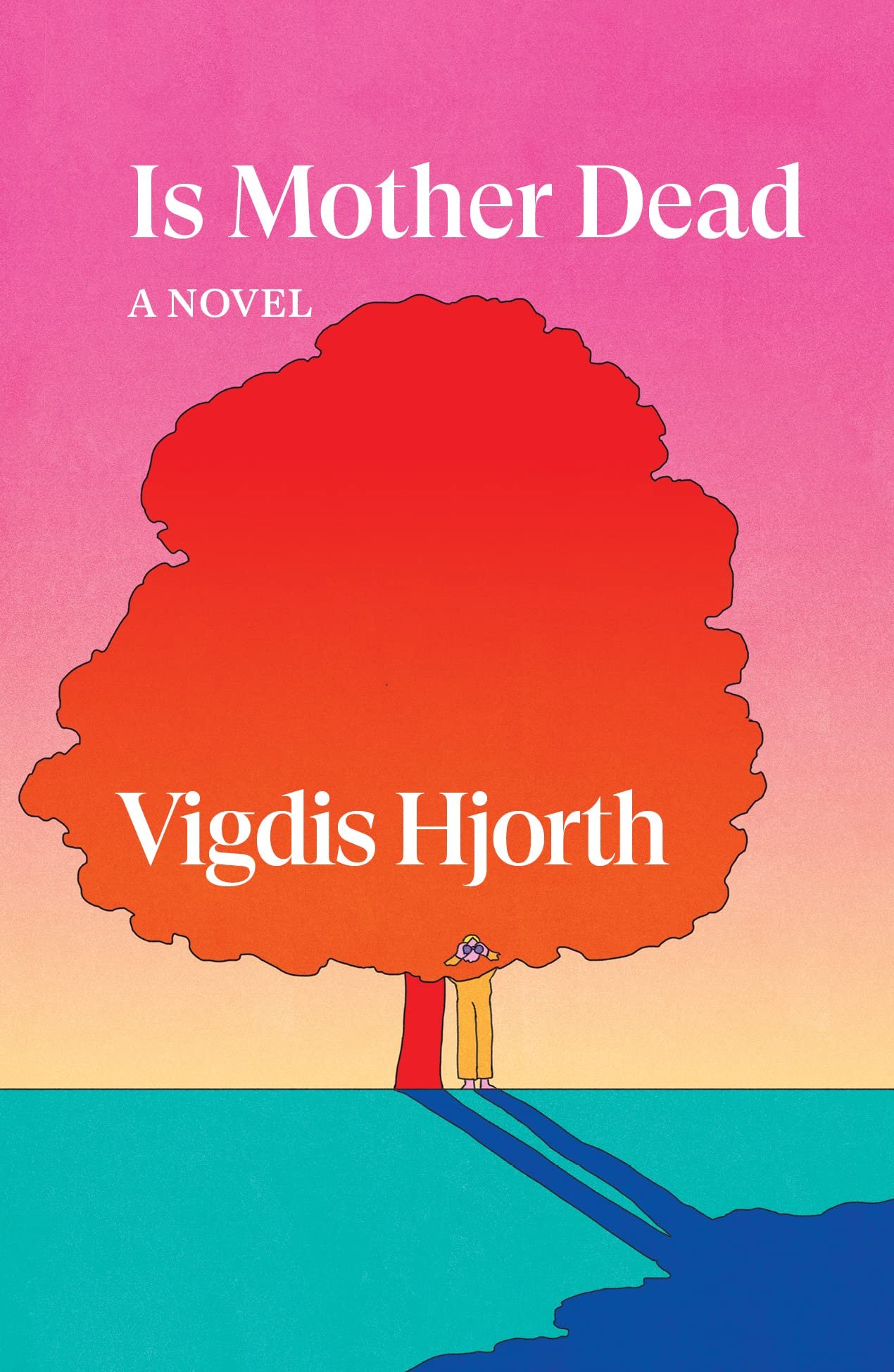When I was in my late teens I got a temporary job in a bookstore. I've often thought I could have spent my life at this retail gig that I wasn't particularly skilled at simply because I like to be near books. This is the employment Maria, the protagonist of Imogen Binnie's “Nevada”, has settled into. She describes in brilliant tragi-comic scenes how she's settled into working at a large old bookstore in New York City. Most of her days are spent lingering around the most obscure shelves of books and occasionally sneaking out to buy a bagel. She observes how “Her job exhausts her and her girlfriend exasperates her.” Her only real passions beside reading are riding her bicycle around the city and blogging about what it's really like to be a trans woman. She's both trying to understand her own experience and demystify what it means to be trans because “Maria is transsexual and she is so meek she might disappear.” Though she's extremely forthright in her opinions concerning this, she's so emotionally inhibited her girlfriend is fed up. A confrontation with her and taking one too many liberties at her job propels Maria out of her static existence. She spontaneously journeys across the country in her girlfriend's “borrowed” car and meets an individual she views as a younger version of herself who she hopes to inspire.
This novel was originally published in 2013, but it was reprinted last year as a trans fiction cult classic replete with endorsements from leading queer writers such as Torrey Peters, Andrea Lawlor and Brontez Purnell. There's a real charm to the narrative voice which uses a vernacular that is both self-deprecating and self-assured as it honestly describes the perspective of its heroine. She's completely aware that she's caught in a rut, but can barely muster the energy to take her scheduled estrogen injection – let alone build a more fulfilling life for herself. This is partly because her thoughts are so consumed with issues around her trans identity it exhausts her. As we learn about her development and her challenges of achieving self acceptance, this preoccupation seems totally justified. But, on the other hand, she allows it to overwhelm her to a degree where she perpetually feels on the brink of tipping over into chaos and losing her hard-won autonomy. Amidst this struggle she lays out and clarifies so many commonly misunderstood notions about what it's like to be a trans woman it's wonderfully refreshing reading her frank account.
Though this book presents itself on the surface as a road trip novel it subverts this concept by barely showing the actual trip and doesn't aspire to any neat notions of self discovery or inspiring connections. It's quite surprising how the narrative perspective shifts to the younger and equally inert figure of James in the later part of the book and the novel's ending is daring in how resolutely it avoids a tidy conclusion. But this made it feels all the more realistic and poignant for me. Maria and James aren't individuals who can find direction in their lives based on clear goals. Instead their meandering paths are more often steered by chance in a world that is largely mystified by their complex true identities and cruelly unconcerned with their well being. The information and sense of community they glean is mostly found online as there are so few points of physical connection available to them. Naturally, the internet is a behemoth of unsubstantiated knowledge and conflicting opinions. Maria's own closest in-real-life friend Piranha is wonderfully supportive but has her own serious issues to contend with and guidance can't be foisted upon Maria. So I grew to dearly care for these characters in their precarious situations and greatly appreciated receiving Maria's forthright and funny point of view.


















